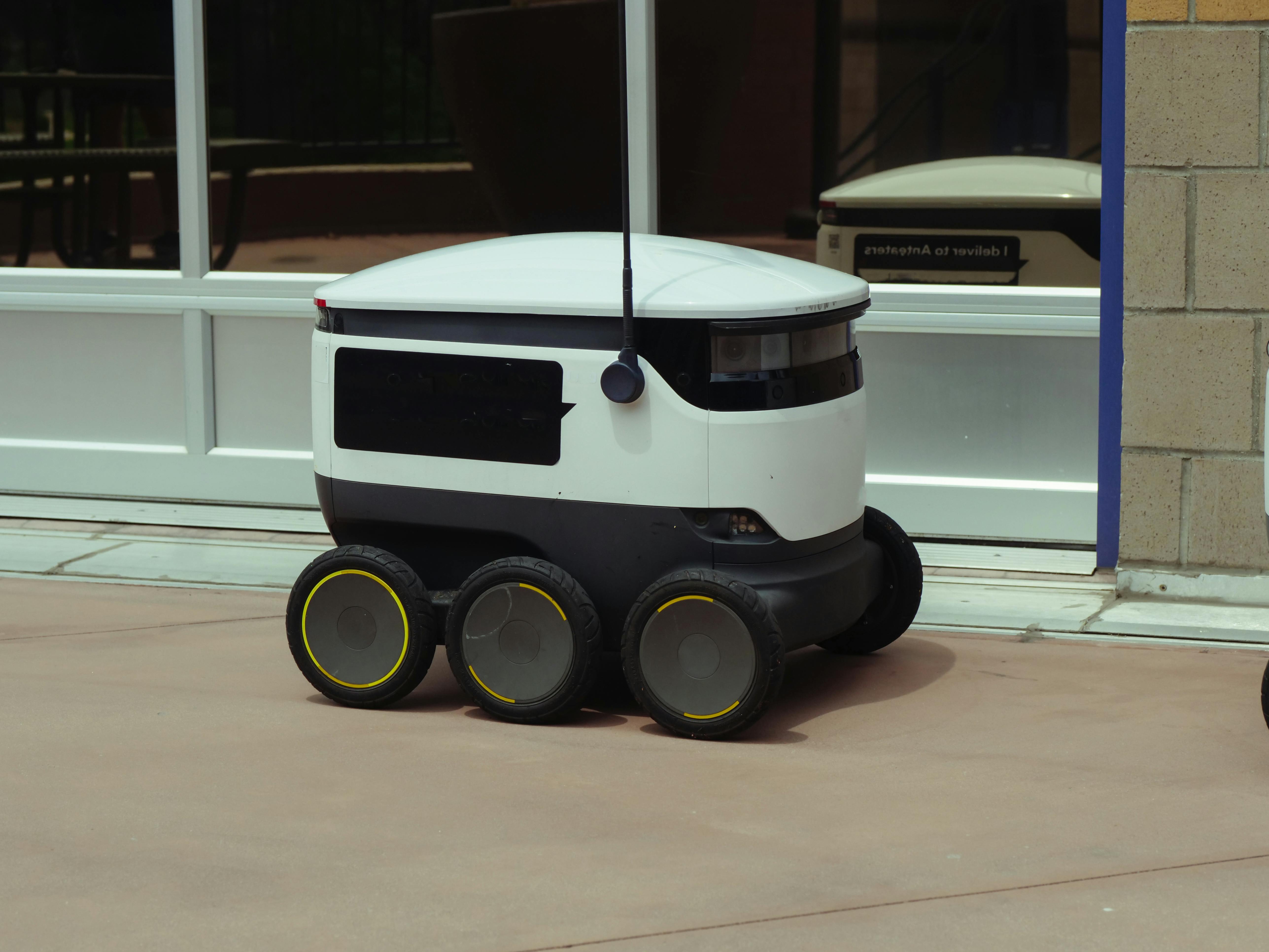In a world where the future often feels like science fiction, autonomous technology is no longer a distant dream but an emerging reality. From self-driving cars cruising on highways to delivery drones buzzing in the sky, we are witnessing a rapid transformation in how machines interact with the world—without human intervention. But what does this mean for us? Is this the dawn of a tech-driven utopia, or are there challenges we haven’t yet considered?
Self-Driving Cars: More Than a Buzzword
For years, the promise of self-driving cars has been a headline-grabbing concept, but it’s finally moving beyond the prototype phase. Companies like Tesla, Waymo, and traditional automakers such as Ford are in a heated race to perfect autonomous vehicles. These cars use complex arrays of sensors, cameras, and AI algorithms to detect obstacles, follow traffic rules, and make real-time driving decisions.
But it's not just about cars driving themselves. The broader goal is safer roads, fewer accidents, and more efficient travel. Autonomous vehicles are designed to reduce human error, which causes over 90% of traffic accidents. Imagine a future where road rage, drunk driving, or even traffic jams are relics of the past.
Yet, concerns remain. Can we trust a machine with our lives? How do autonomous cars make ethical decisions in split-second dilemmas? These are some of the key issues that are still being debated, as legislation struggles to keep pace with the technology.
Drones: From Toys to Tech Titans
What started as hobbyist toys has evolved into one of the most powerful tools in the tech world: drones. Today, drones are revolutionizing everything from agriculture to military operations. Delivery drones are beginning to swoop into urban skies, promising to bring us everything from groceries to medication at unprecedented speeds.
For businesses, drones are a game-changer. Farmers use drones to monitor crop health with pinpoint accuracy. Construction companies employ them for site inspections, reducing both time and cost. Even Hollywood is getting in on the action, using drones to capture sweeping aerial shots that were once only possible with helicopters.
Yet, just like with autonomous cars, the rise of drones brings its own set of challenges. Privacy concerns, airspace regulations, and potential misuse—like drones being hacked or used for surveillance—pose significant risks that society will need to grapple with.
The Ethics and Economics of Autonomy
At its core, the autonomous tech revolution raises big questions about the future of work and human interaction. What happens to truck drivers, pilots, and taxi operators when machines take over their jobs? Will autonomous tech make life easier, or will it deepen inequality by eliminating millions of jobs?
On the flip side, autonomy could also create new opportunities, reshaping industries and creating demand for new kinds of jobs. Someone has to build, program, and maintain these robots, after all.
Looking Ahead: What’s Next in Autonomy?
The race to autonomy is only speeding up. Beyond cars and drones, autonomous ships, trains, and even flying taxis are on the horizon. Imagine a world where your pizza is delivered by an aerial drone, while a self-driving car picks you up for your trip to work—all without a single human hand involved.
This isn’t just tech for tech’s sake—it’s about efficiency, safety, and transforming the way we live. But as we venture further into this brave new world, we must navigate the complex ethical, social, and legal issues that come with it.







